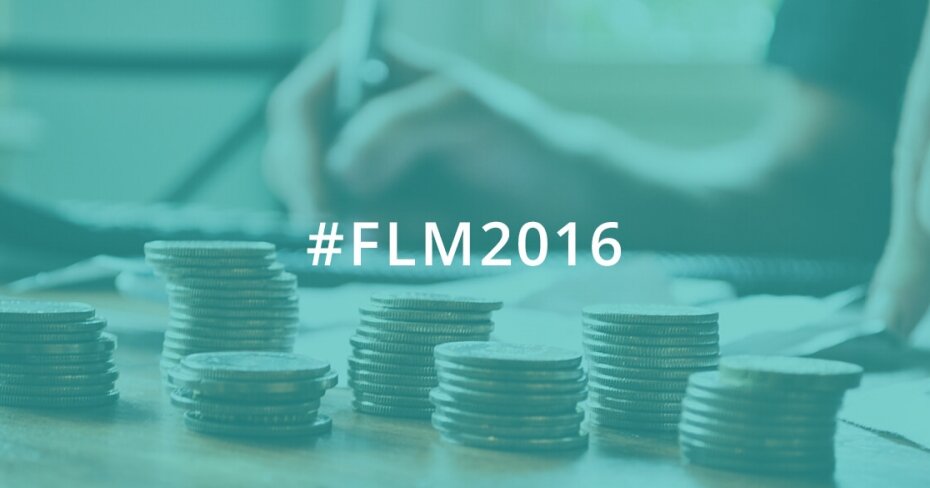Financial literacy: how does Canada stack up?
By: Dominic Licorish on November 1, 2016
It’s that time of year again! November is Financial Literacy Month and that means organizations all across Canada, from the government to FinTech startups like ourselves, will be shining a spotlight on personal finance.
Financial literacy is an important part of a country’s economic health. After all, if more citizens are in a good place financially, the more responsibly money and goods will circulate in the economy. The government established the Financial Consumer Agency of Canada (FCAC) to protect and educate consumers on financial services. The FCAC regulates financial institutions, conducts research, and organizes conferences to advance its goal of improving Canada’s financial literacy.
This November, Financial Literacy Month enters its 5th year. In order to do our part, we’ve got a month’s worth of content coming that’s guaranteed to turn anyone into a personal finance guru, so stay tuned to our blog.
For now, here’s an overview of financial literacy efforts in Canada:
What do we mean by financially literate?
While the term speaks for itself, the FCAC uses a particular set of criteria to determine what constitutes adequate financial literacy. Simply put, financial literacy is about having the knowledge and skills to make important financial decisions. Everyone has a unique circumstance, but being able to make sound financial decisions that fit that circumstance is the key to responsible debt management, retirement planning, and fraud protection.
Being financially literate will also help you deal with typical life events, such as buying a home, buying a car, dealing with an unexpected financial emergency, starting a family, and, of course, saving for retirement.
How financially literate are Canadians?
Canada has one of the highest financial literacy rates in the world. According to the 2014 Standard & Poor Global FinLit Survey, 68% of Canadian adults are financially literate, making us tied for second place (with Israel) for the most financially literate country at the time. First place was a three-way tie between Denmark, Norway, and Sweden at 71%.
Overall, we stack up pretty well on a global scale, especially in comparison to emerging and developing nations. However, findings from the FCAC show that Canadians are still in the dark on some essential financial matters, including retirement planning and having confidence in their financial knowledge.
There’s always room for improvement
Let’s be honest, 68% is pretty mediocre. That’s why it’s important we continue to educate ourselves and others to improve their financial know-how. Earlier this year, we partnered with Ipsos to conduct a study that suggested people don’t spend enough time on their biggest financial decisions. Despite lower financial literacy scores, the U.S. and U.K. both have more mature markets than Canada when it comes to comparing personal finance products.
In terms of retirement planning, there appears to be a direct correlation between financial literacy and knowing how much you need for retirement. Unfortunately, a third of Canadian adults weren’t preparing for retirement at all in 2014, at least according to the Standard & Poor Global FinLit Survey.
The next Canadian Financial Capability survey is set for 2019. The FCAC’s goal is to improve on these findings by the time this survey is launched.
Improving financial literacy
It’s super easy to become more financially literate. You can start by reading personal finance books, financial sections of newspapers, and personal finance blogs. Like with investing, the most important thing is to start.
For those with kids, simple lessons about responsible spending, saving, and even investing are key. Believe me, they’ll thank you down the road.
Finally, be sure to participate in Financial Literacy Month 2016 by checking out events on the official website, visiting our blog every day for fresh content, and following the #FLM2016 and #ItPaysToKnow hashtags on social media. Let’s get literate!


